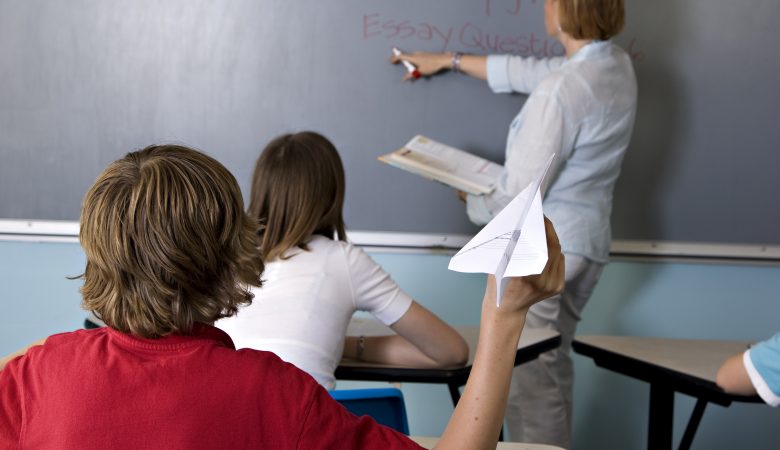
Does it affect life at home, at school or at work?
Take 5 minutes to complete the Warning Signs Checklist and discover whether you or your child could have learning difficulties that are impacting your life, and what to do about it.
Take The Free Warning Signs Checklist!
If a child has a learning disability there is a good chance that she suffers an attention deficit as well. Likewise, children with attention deficits often have learning disabilities. There can be varying degrees of severity in each area. Low severity in each area can have a cumulative effect and hinder school success.
Attention and learning are very different and yet very dependent on one another. Educational therapy addresses both due to that dependency.
The Link between Attention and Learning
Learning is the process of memorization, integration and application of new information and concepts. Attention is the process of prioritizing and applying information and concepts. The end dynamic of these two processes involves distribution of energy, priorities, and decision making once information is absorbed.
If there is an attention deficit, the brain fails to prioritize information and the student will be unable to apply concepts learned in school. There are two possible deficits here: 1) Lacking the ability to absorb information in the first place or 2) Absorb the information but having no ability to apply it. This problem is compounded if there is also a learning disability that further complicates the acquisition or application of education.
Types of Attention Deficits
The lowest level of attention deficit is selective attention. Selective attention can be very useful in some circumstances. It allows for filters when people carry on conversations in loud settings; the conversation is heard and the background noise is ignored. However, it can also be employed as a regressive tactic.
For students with learning disabilities, selective attention is part of self-preservation. As a barrier between frustration and hopelessness, a student may decide to no longer try and just simply tune out. Why pay attention if it is not being grasped anyway? That is the logic of selective attention in this case. This is usually not a conscious choice and should not be punished as such.
ADHD is biochemical and may in some cases; require medication, although it can also be responsive to therapy. Lack of focus, high activity, and impulsive behavior can affect all stages of learning whether it is the requirement to sit quietly at a desk or remain focused on a project. Students with ADHD may feel frustration and hopelessness as they likely have a desire to focus and learn, but find that they are mentally and physically unable to do so.
Applying the Link in Educational Therapy
Whether to address the attention deficit or the learning disability first depends on the issues facing the individual student. If a child does not have ADHD and simply applies selective attention out of hopelessness, addressing the learning disability first can also help the attention deficit. Removing the barrier of that frustration and hopelessness can enable a child to pay attention in class knowing that she now has the skills to meet the challenges.
However, if a child with ADHD is not absorbing or applying information correctly, it may be best to treat that condition first. There may not be an additional learning disability but only an attention disorder. But if attention is addressed and the student still struggles, then further educational therapy can help fine tune the learning processes.
Addressing attention and learning has as many approaches as there are students who struggle with them. If a child struggles with either area, an educational assessment can pinpoint the issues and most importantly, find a way to help that child overcome them. For more information about how our educational assessments and therapy can help your child or student schedule your free consultation today.
Subscribe to our newsletter and receive regular articles and resources to help you or your child perform better at school, home or work.
suscribe now
Post Your Comment Below